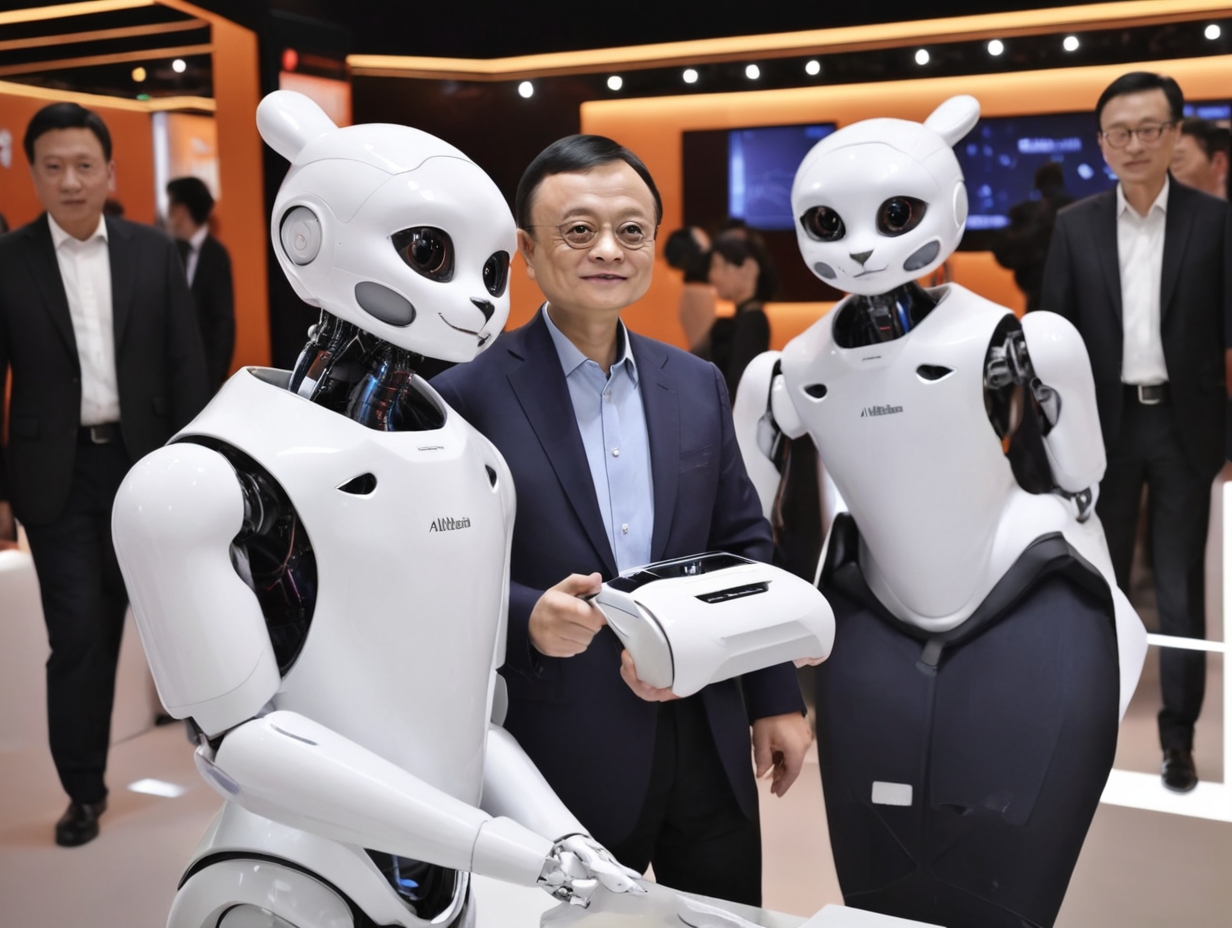In the dynamic world of professional services, a paradigm shift is underway. Consulting giants and prestigious law firms increasingly turn to artificial intelligence (AI) to expedite the journey from junior staff to the coveted partner position. This technological adoption transforms traditional career trajectories as AI streamlines repetitive tasks, allowing for more rapid advancement to higher levels.
AI redefining professional development
Traditionally, achieving the status of partner in law and consulting firms has been a decade-long endeavour, filled with rigorous, often monotonous tasks. However, with the integration of AI, the landscape is evolving. For instance, KPMG’s recent graduates are now handling tax work typically assigned to those with three years of experience. Similarly, at PwC, junior staff dedicate more time to client interactions than document preparation.
Jeff Westcott, Global Director of Innovation and Practice Technology at Bryan Cave Leighton Paisner, highlights the benefits of this change. “There is a great deal of benefit to learning by doing some of these documents, but do you need to do that for two years? Probably not,” he says. This shift in workload is not just a matter of efficiency; it’s about enabling junior staff to engage in more complex and rewarding work earlier in their careers.
The economic implications
The ramifications of this shift are significant, particularly in earnings and job satisfaction. Making a partner at one of the Big Four accounting firms or a major law firm is a prestigious accomplishment and a financially rewarding one. For example, partners at Ernst & Young LLP’s UK branch averaged earnings of £761,000 in the latest fiscal year, with Deloitte LLP partners surpassing £1 million.
By reducing the time to partnership, these firms are increasing their staff’s earning potential and enhancing their attractiveness as employers in a competitive market. “We are trying to take years off of the time it takes for somebody from when they’re hired to when they become a partner,” explains Jeff Wong, EY’s Chief Innovation Officer. Such initiatives are essential in retaining talent and maintaining a competitive edge.
The role of generative AI
The key driver behind this transformation is the adoption of generative AI technologies, such as those popularized by tools like ChatGPT. These AI systems are trained on vast datasets. They can perform tasks like drafting documents, taking meeting minutes, and conducting research – activities that once consumed much of junior staff members’ time.
At KPMG, AI has been leveraged to consolidate various data sources into a single, easily accessible platform. As Stuart Tait, Chief Technology Officer at KPMG’s tax and legal arm in the UK, points out, this development turns hours of research into a task of mere minutes. “For many of us, we started our careers doing the necessary but often tedious work in support of senior professionals,” says Bret Greenstein, generative AI leader at PwC. “A lot of this work is greatly aided by GenAI today.”
Integrating AI in consulting and law firms marks a significant departure from traditional career paths. By automating routine tasks, AI allows junior staff to take on more challenging and fulfilling roles earlier in their careers. This enhances job satisfaction and accelerates their journey to becoming partners, with all the prestige and financial rewards that come with it.
As the professional world continues to evolve, the adoption of AI in these firms is a clear indicator of the changing times. It signifies a move towards efficiency, innovation, and a reimagining of career development in some of the most competitive industries. The future of professional services may be defined by how well these firms integrate AI into their operations, shaping not just careers but the very nature of their work.





